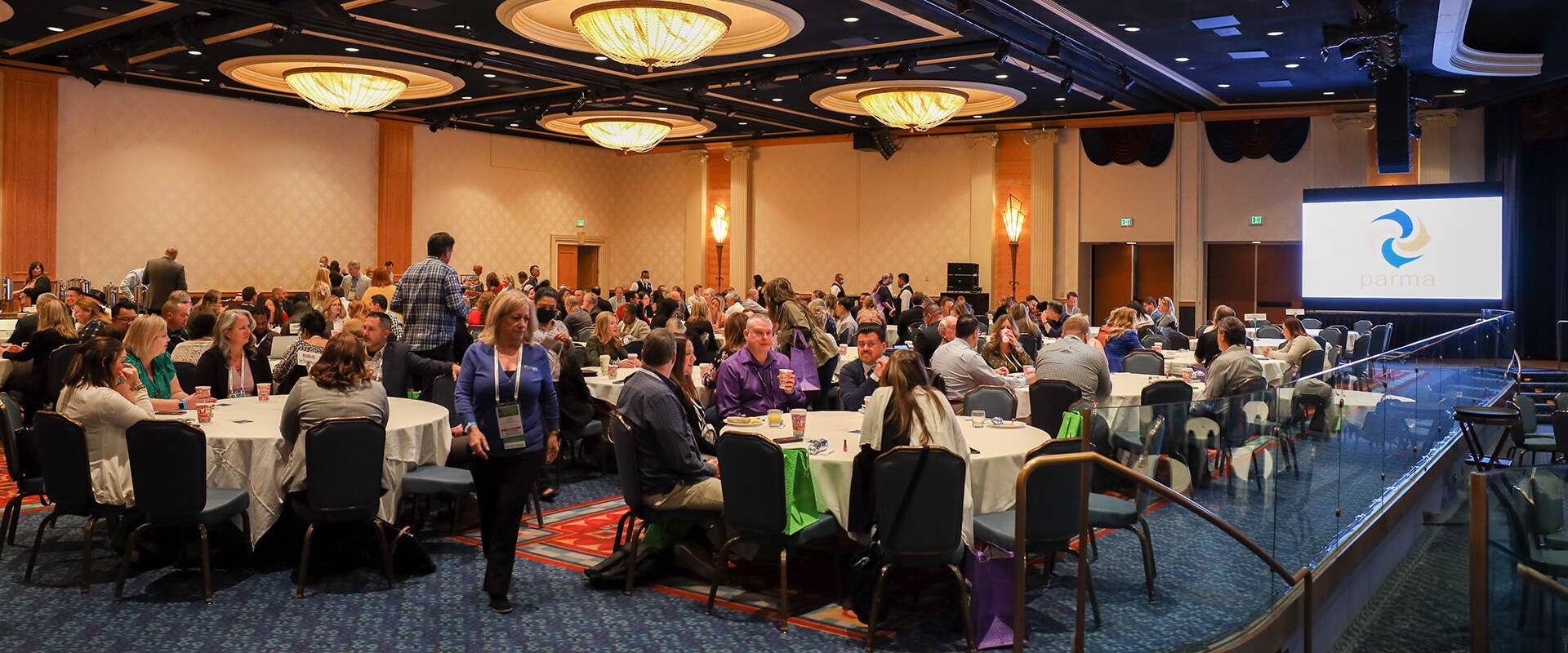As every risk manager knows, the world is as fraught with risk as ever. This becomes even more apparent as natural disasters, cyberattacks, corporate malfeasance and political and economic uncertainty make headlines and create new business concerns. The following review of some of the notable risk events of 2018 can both remind us where we have been and provide insight into the challenges and opportunities we could face in the years to come.
New York City Sues Oil Companies Over Climate Change
January 10
New York City filed suit against BP, Chevron, ConocoPhillips, ExxonMobil and Royal Dutch Shell in an effort to hold them financially responsible for contributing to climate change and the damages it will cause to the city. In July, however, a federal judge dismissed the case, suggesting that climate change issues would be more appropriately handled by federal legislation. In June, courts also reached a similar decision in dismissing climate change lawsuits filed by San Francisco and Oakland last year. New York renewed its fight against ExxonMobil in October but changed its tactics, suing the company this time for engaging in a “long-standing fraudulent scheme” to deceive shareholders by downplaying the risk climate change posed to its business.
Cape Town Faces Water Shortage
January 18
Due to a three-year drought, officials in Cape Town, South Africa, projected that the city would run out of water in mid-April, becoming the first major city to exhaust its water supply. In preparation for this “Day Zero,” officials advised the city’s four million residents to limit water use and implemented tariffs to help finance water and sanitation services and drive down demand. Residents were warned that if the water level of the dams supplying the city dropped to a certain point, the city planned to shut off the municipal water supply to all but essential services and only allow residents a daily ration of 25-liters (6.6 gallons) that they would have to collect from designated water stations. The measures had the intended effect and, with water levels rising, Day Zero was postponed indefinitely on June 28.












